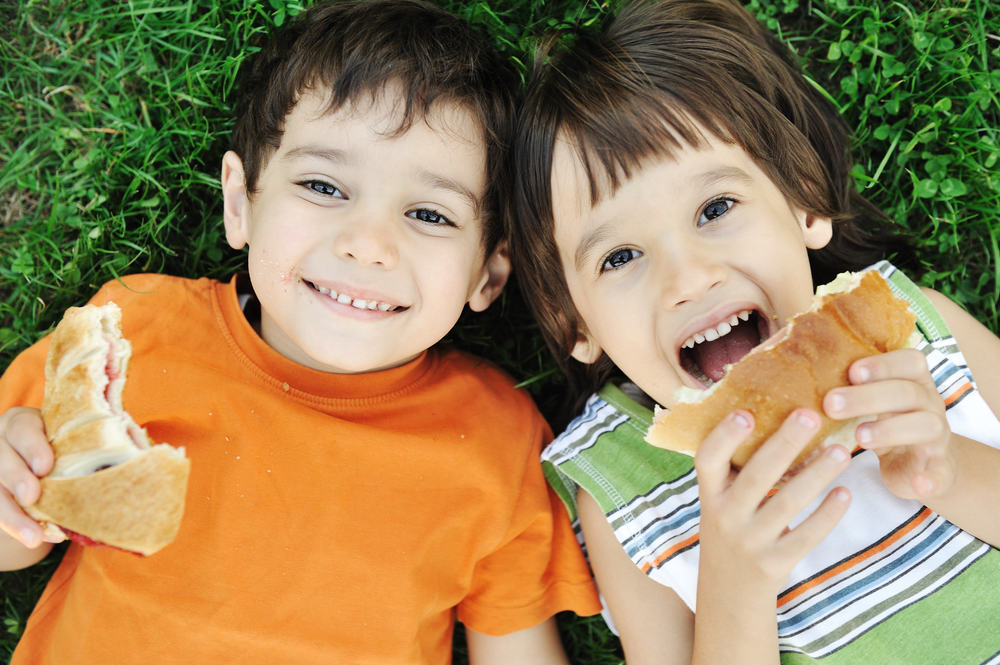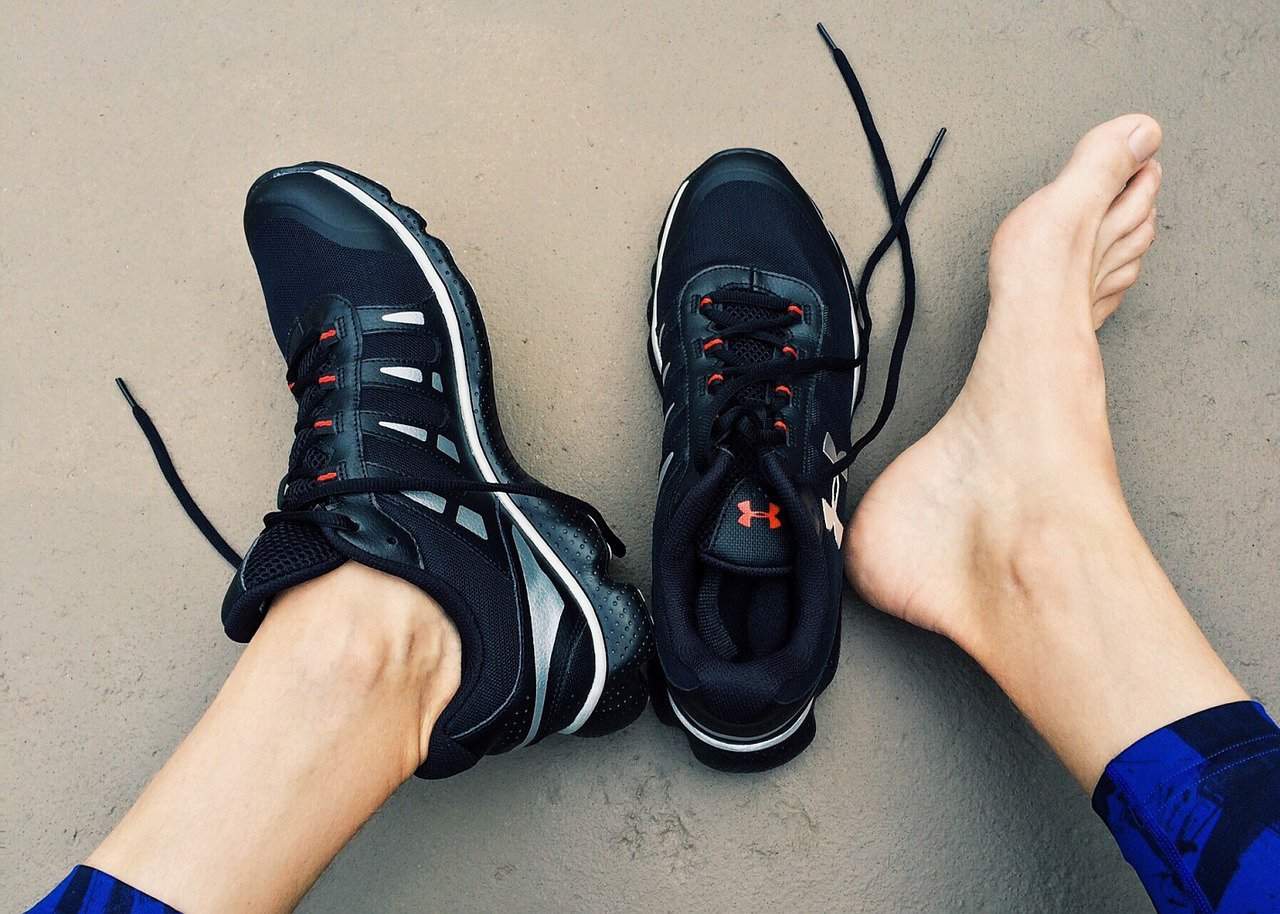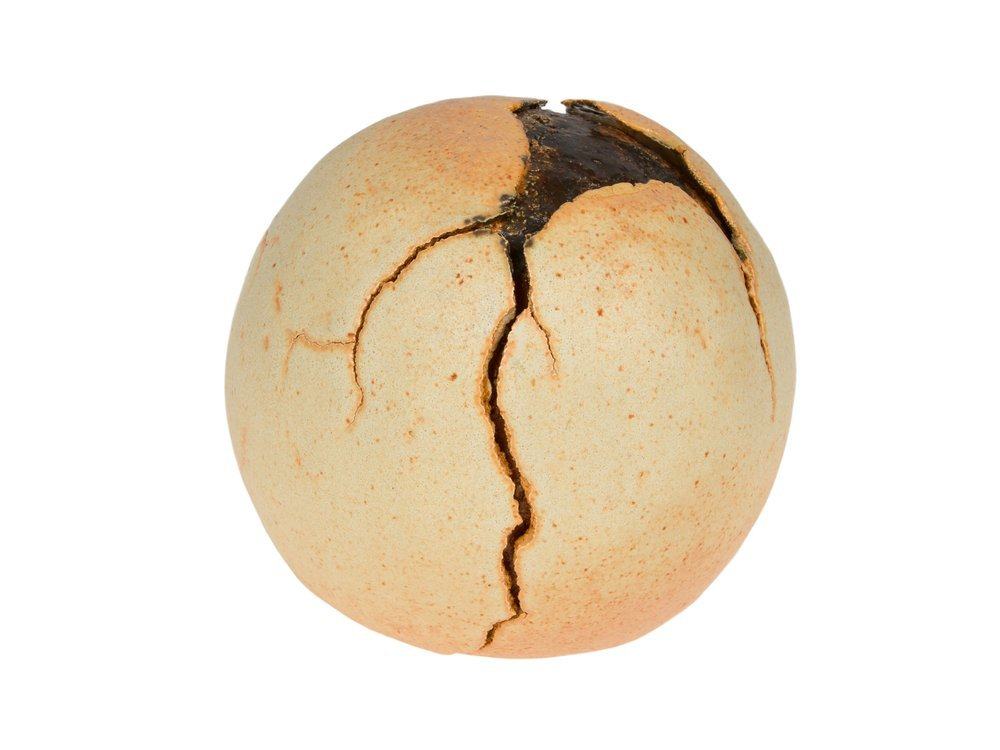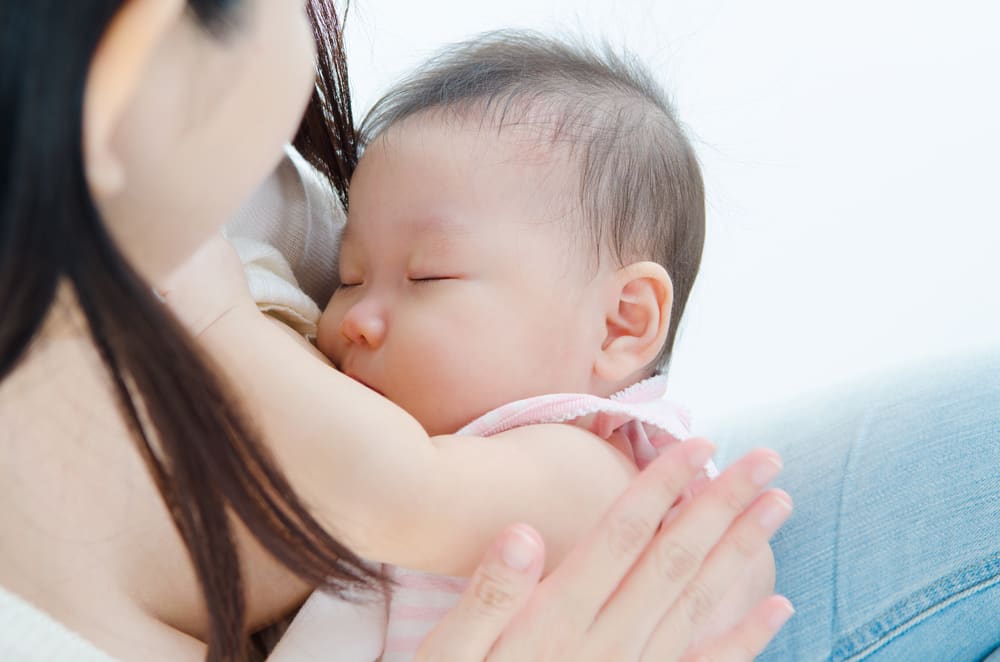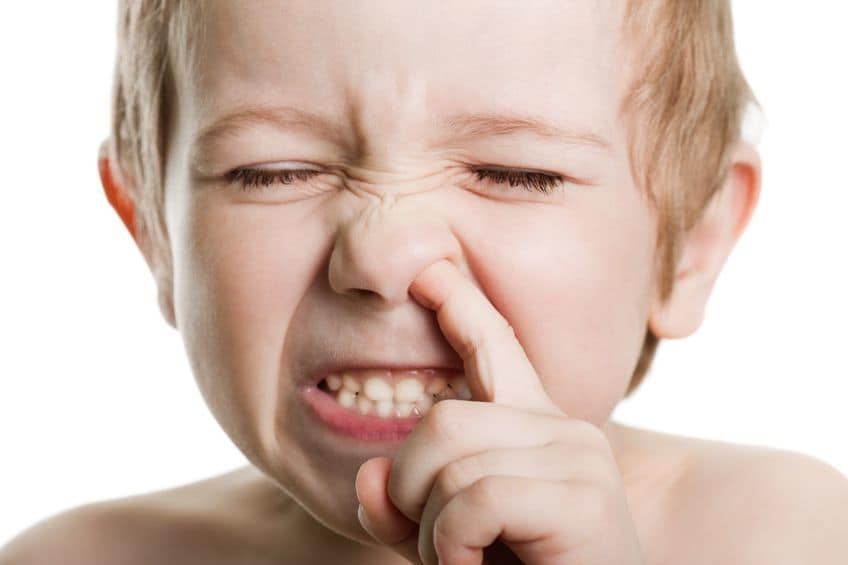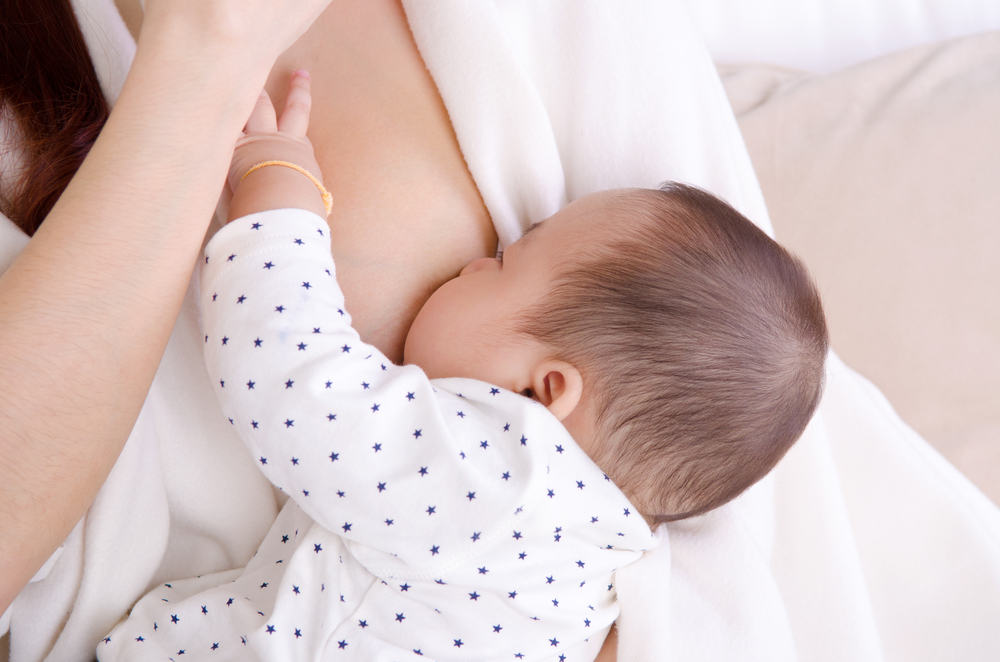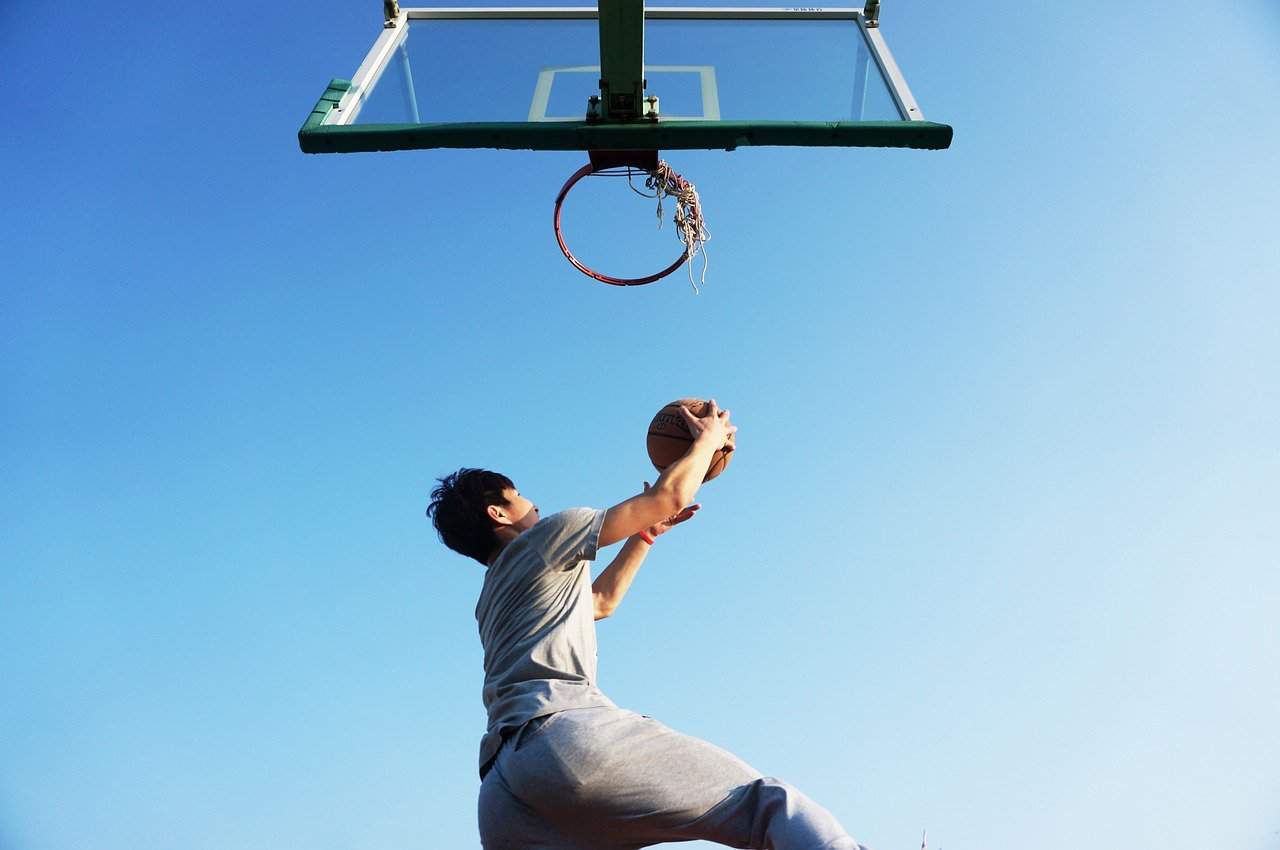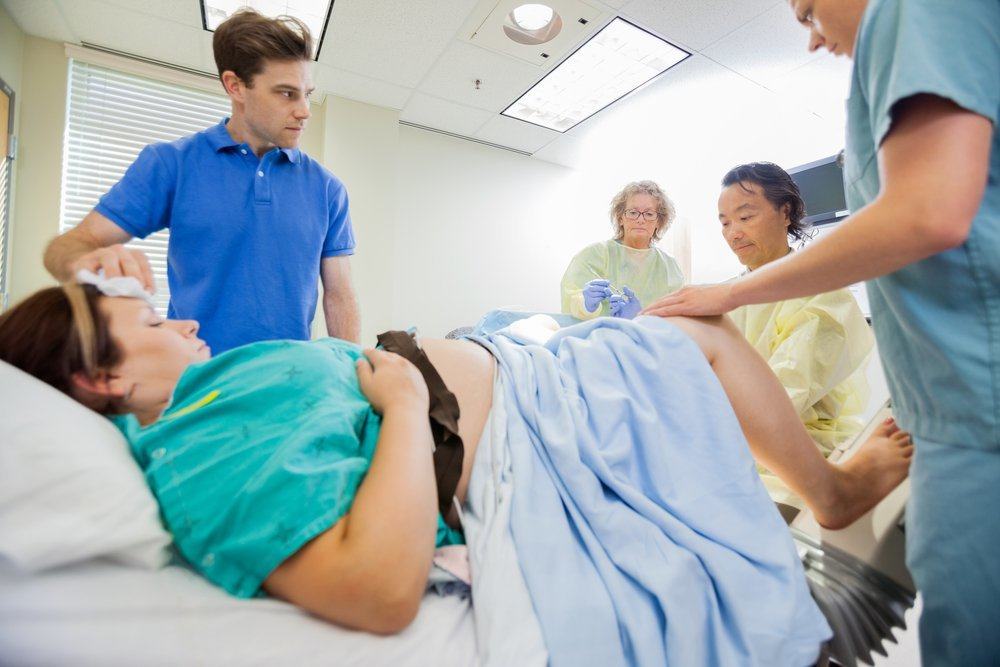Contents:
- Medical Video: Conquering Childhood Cancer: A Seattle Children’s KOMO TV Special - full length
- Protein
- Carbohydrate
- Fat
- Water
- Vitamins and minerals
Medical Video: Conquering Childhood Cancer: A Seattle Children’s KOMO TV Special - full length
If your child has liver cancer, you might ask, "PCan I change their diet?"This is a common question for parents of cancer patients. Generally, there is no special diet for cancer patients. The doctor will recommend you to give your child a healthy and balanced diet to meet the needs of the right protein, carbohydrates, fats, water, vitamins and minerals. For further explanation, see the presentation below.
Protein
Doctors will recommend protein to help children restore muscle mass. The body uses protein to repair damaged tissue and maintain blood cells, the immune system, and the lining of the digestive tract. When children do not get enough protein, their bodies may break down muscles to fuel the body's needs. After surgery or chemotherapy, your child needs to repair lost and damaged cells and build up the immune system to prevent infection. A balanced diet through good sources of protein will not only help the recovery process, but will also increase the child's immune system to fight infection.
Good sources of protein include fish, poultry, lean red meat, eggs, dairy products, nuts and peanut butter, dried beans, peas, lentils and soy products.
Carbohydrate
Carbohydrates are the main energy source for the body. The child's body needs carbohydrates to carry out physical activities and maintain the function of their organs. Depending on age, size, health conditions and daily activities, each child will need a different amount of carbohydrates in their diet. Children with cancer may need 20% to 90% more carbohydrates than healthy children to heal the tissue and give them energy.
Although sweets and sweet drinks can provide carbohydrates for children, this product contains very few other important nutrients. To provide the best carbohydrates for your child, choose fruits, vegetables, and seeds. These types of foods can provide many vitamins, minerals, and fiber for the body.
Fat
Fat plays an important role in children's nutrition, especially for people with liver cancer. The child's body breaks down fats and oils to make energy and carry vitamins through the body. Monounsaturated and polyunsaturated fats are better than saturated fats or trans fats.
Unsaturated fats are found in vegetable oils such as olives, canola, peanut oil, safflower, sunflower, corn, and linseed oil. Seafood is also a rich source of fat. This fat can melt or soft at room temperature.
Saturated fats are usually found in animal sources, such as meat and poultry, pure milk or low-fat milk, cheese, butter, and some vegetable oils such as coconut, palm kernel oil, and palm oil. Saturated fat cannot melt or soft at room temperature.
Trans fatty acids are formed when vegetable oils are processed into margarine. Sources of trans fats include snacks, baked goods, or dairy products.
Water
Adequate water and fluid intake plays an important role in your child's health. The child may lose fluid during treatment because of vomiting or diarrhea. This can cause interference with body performance. To prevent dehydration in children, make sure children consume lots of water, fruits and vegetables.
You can check for a dehydrated child by pinching his skin. If the skin does not return to normal after being pinched, your child is dehydrated. Other signs and symptoms of dehydration include chapped lips, dry mouth, dark or dizzy urine.
Vitamins and minerals
Your doctor may advise your child to take a multivitamin once a day. Multivitamins can be given if the child does not get enough vitamin and mineral intake from daily food. Herbal vitamin therapy or other concentrated vitamins may not be recommended. There are several herbal treatments that actually have a negative impact on liver health. You should consult with your doctor for more information.
The body needs a small amount of vitamins and minerals to grow, function and energize. Multivitamins cannot replace your child's daily food. It is important to get enough calories and nutrients from a balanced diet. Make sure you always talk to your doctor before giving vitamins, minerals, or any type of supplement for your child. Because, some types of supplements may interfere with cancer treatment.
Ensuring a balanced diet for children is a challenge for parents. Cancer treatment can cause unwanted effects, such as nausea, vomiting and mouth sores. Stay calm and ask for support from a doctor or child nutritionist because you are not alone.

